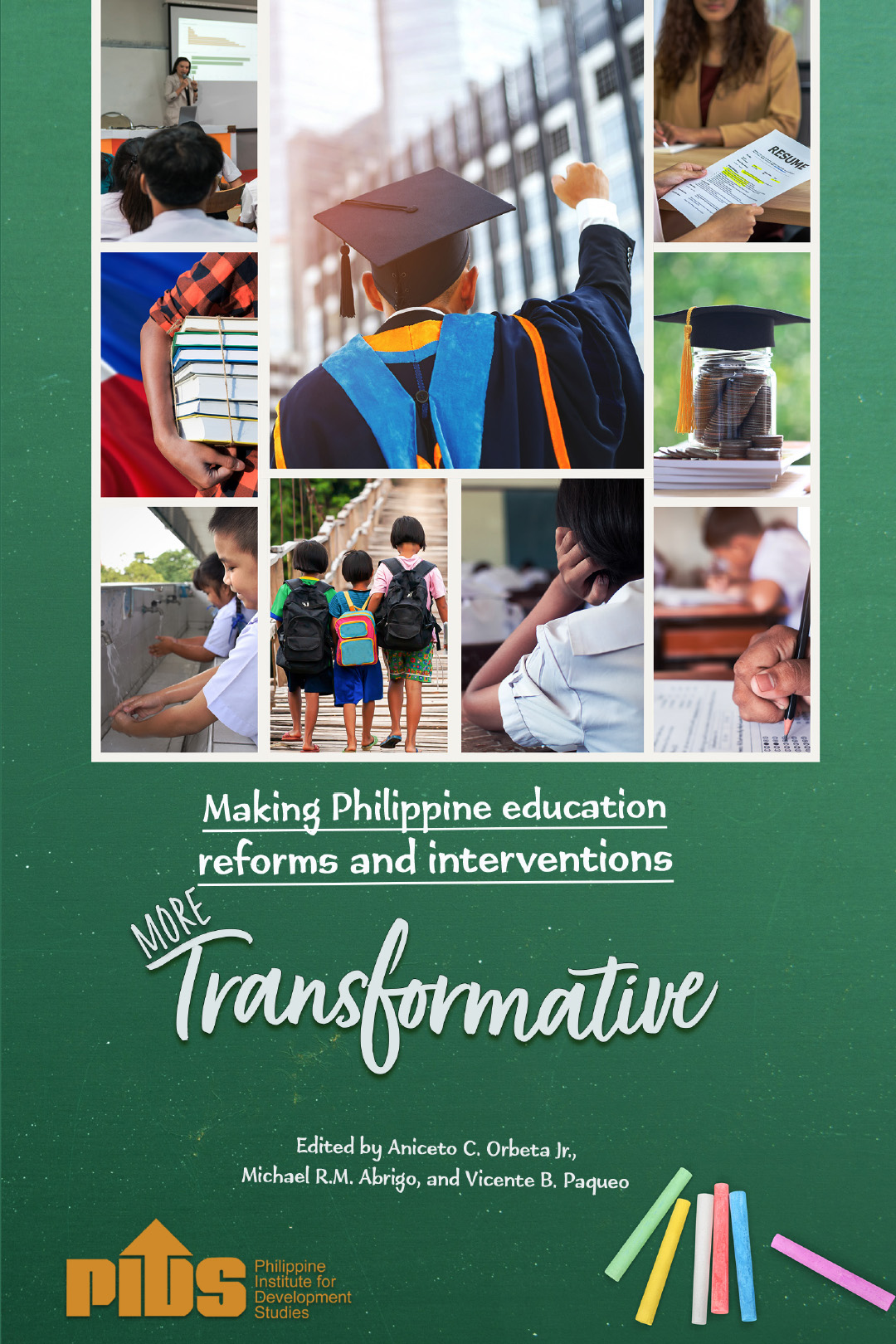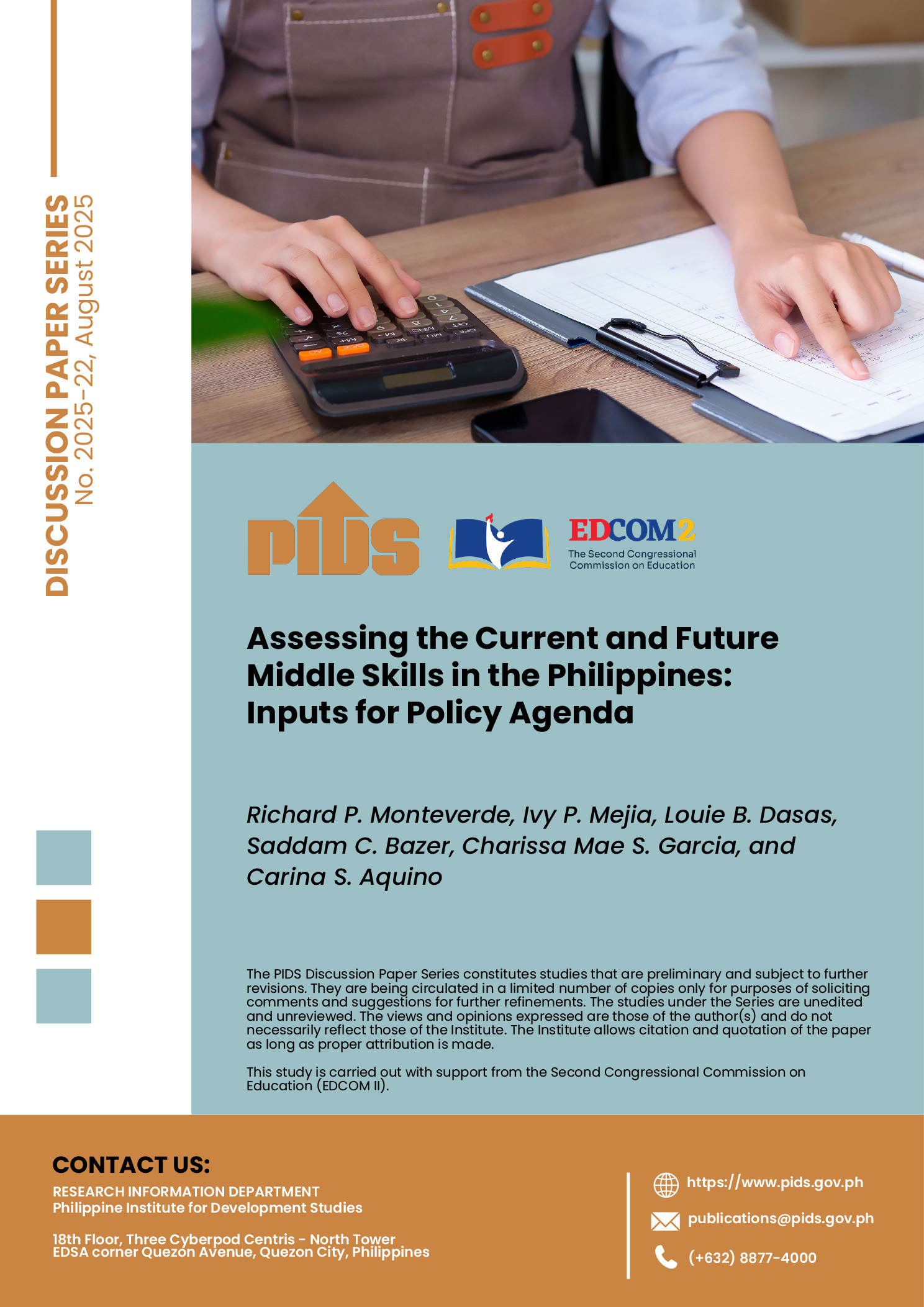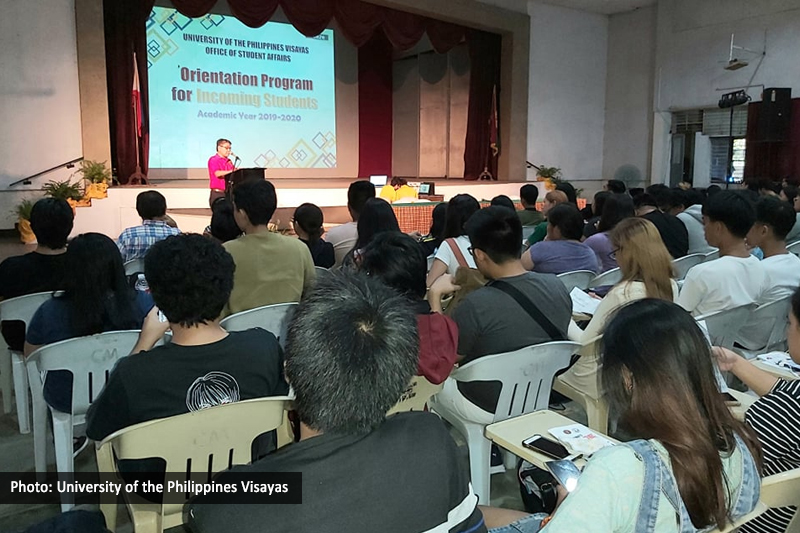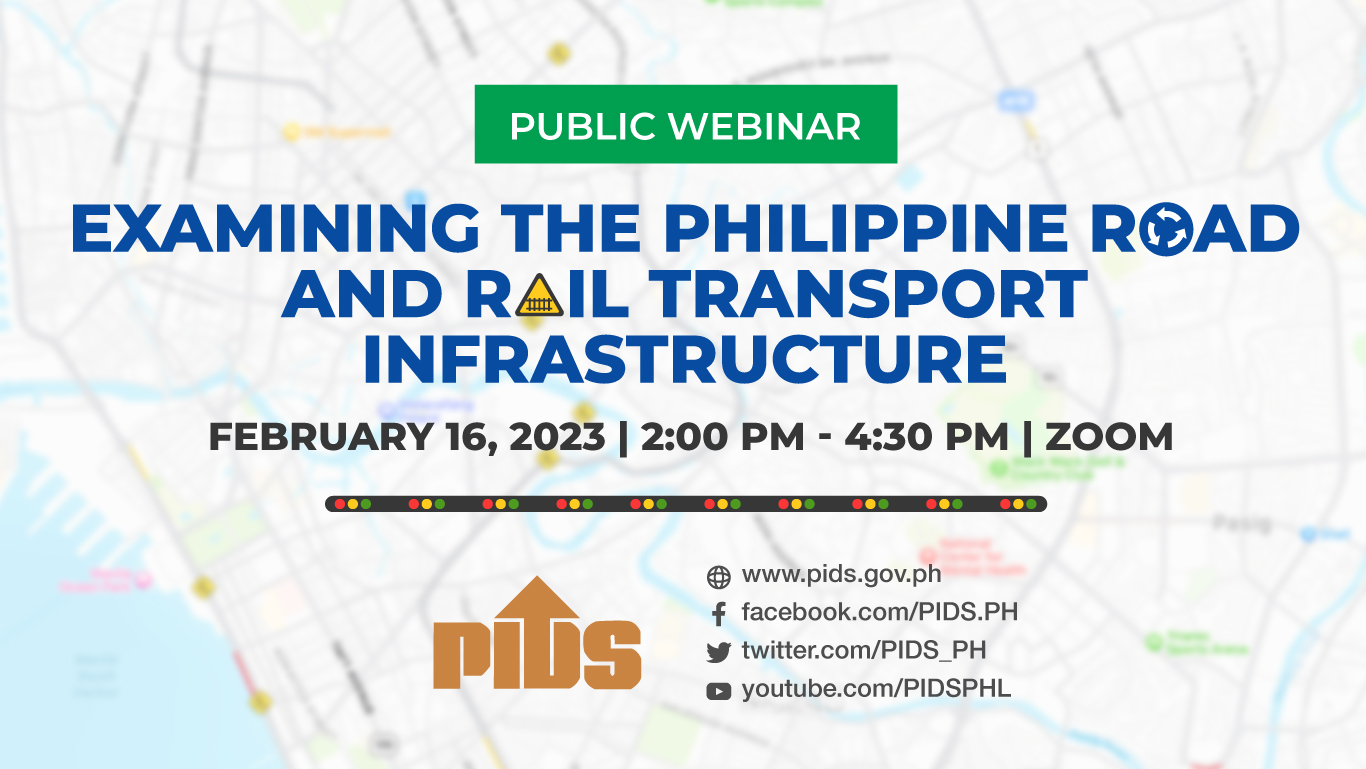A discussion paper that looked at the long-term effects of labor migration in the Philippines by state think tank Philippine Institute for Development Studies stressed the need for government to strengthen labor migration policies as well as improve social protection programs to support overseas Filipino workers (OFWs) who pay an important role in the economy.
According to the paper, OFW remittances have become a major contributor to the economy, representing around 10 percent of the gross domestic product. However, while remittances support OFW families and consumer spending, the authors said labor migration can also cause emotional strain, with families divided and having complex transnational relationships.
It is in that context that the recommendations on strengthening labor migration policies and improving social protection programs for OFWs were made.
“Recent legislation has led to the establishment of the Department of Migrant Workers, but continuous reinforcement of legal frameworks is essential,” the authors said, noting the need to focus on addressing concerns like wage theft, contract breaches, and workplace exploitation.
They said more robust measures should be in place to safeguard OFWs from inhumane employment practices and address abuse cases effectively.
The study also cited the need to improve social protection programs and other forms of support including health insurance, pension schemes, and unemployment benefits for OFWs and their families.
“Furthermore, addressing mental health and providing essential social support to both OFWs and their families is equally vital. OFWs are at a higher risk of developing mental health problems due to the stress of working abroad and separation from their families,” the authors added.
They also recommended the promotion of financial literacy programs to educate OFWs on how to manage their earnings, savings, and investments.
As the country’s “bagong bayani” who make significant contributions to the lives of the loved ones they leave behind, as well as the GDP, our government has to take special care of the OFW sector to ensure they remain protected and productive, while at the same time also setting conditions so they can permanently return home to the families they have left behind. For a country so dependent on sending hundreds of thousands of its people to foreign lands for employment, strengthening labor migration policies and social protection programs should be just the start and the bare minimum.*












